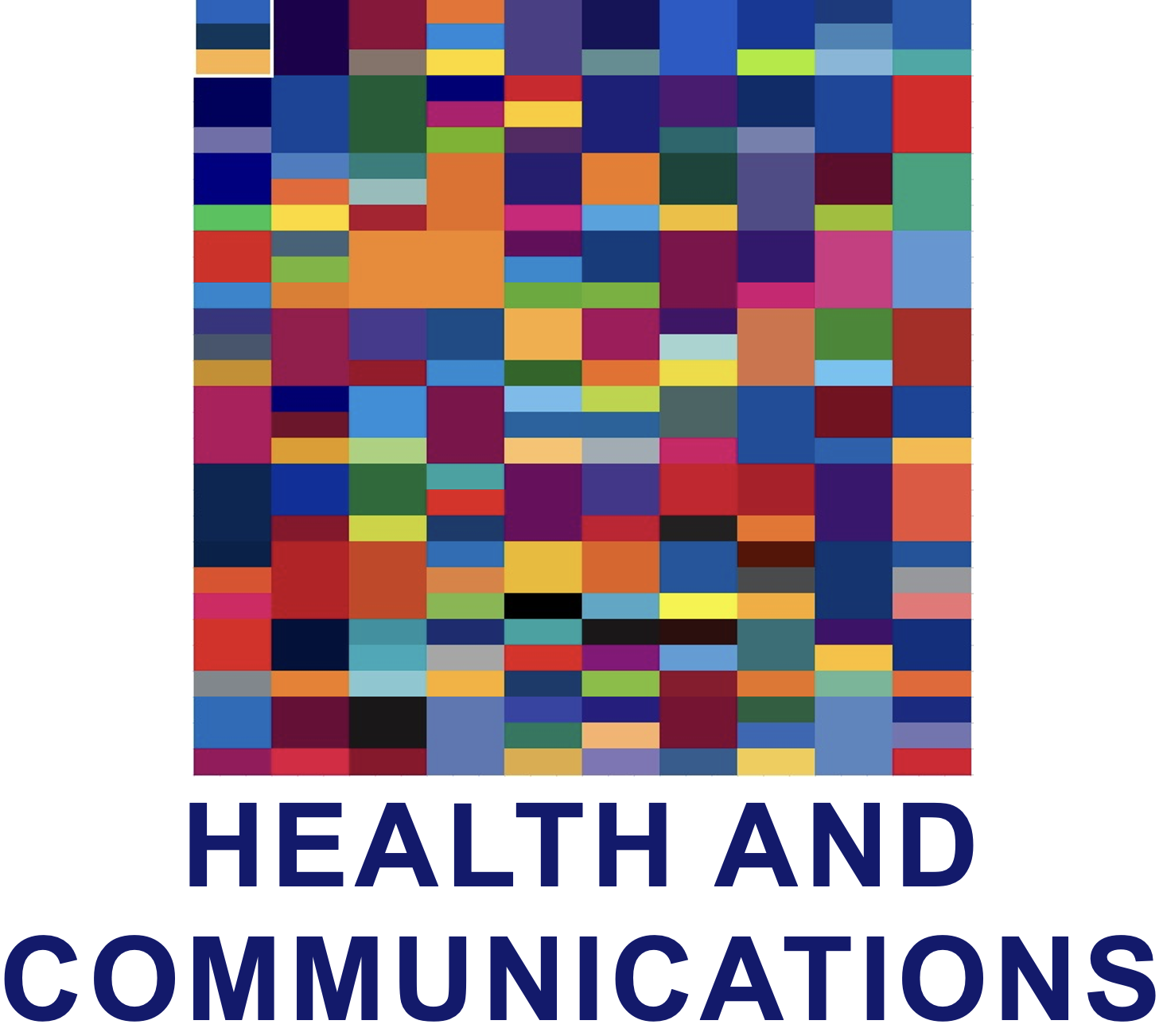The Next UN Secretary General will have Little/No Background in Health
See 11.17.16 update here.
The next secretary general of the United Nations will have little or no training or experience in health. There are now 12 candidates, one of whom will assume the office on January 1st of next year, and reviewing their biographies, submitted with their nominations, it’s clear that none has a degree, nor significant career experience, in public health or medicine, as summarized here: [ 1 ]
Consider that,
Though there are only a few UN programs or agencies with a direct mandate in health, like WHO and UNAIDS, there are any number who have a significant health component to their work; UNICEF, UNHCR, WFP, UNPF, UNRWA, UN Women, etc. all list either health or HIV/AIDS as elements of their work.
UNHCR, for instance, faces a an unprecedented tragedy of over 65 million displaced persons, many living in make-shift and overcrowded camps, with compromised health. The potential for widespread outbreaks of infectious diseases in these camps is clear and worrisome.
It’s unlikely, for example, that we’ve seen the last outbreak of Ebola, MERS, or yellow fever, etc., and the possibility of a pandemic flu is ever-present and possibly even growing. [ 2 ]
So clearly, health is deeply embedded in what the UN does, and just as clearly, the world will continue to face ongoing health challenges if not outright health crises. [ 3 ]
The question then is does the secretary general actually need to be somehow qualified in the field to lead the UN’s efforts to improve global health and fight disease? No…but it would be welcomed.
Surely anyone in that office will be well-informed and ably-advised, and they will most certainly have the rhetorical skills to explain to the world the details and implications of any such crisis should it arise. But just as surely, if that person had credentials in public health, in medicine, or in biomedical research, their statements would have an added credibility and their directions an added authority.
Notes
[ 1 ] http://www.un.org/pga/70/sg/
Nor do any of the previous secretaries general have degrees / experience in health: Gladwyn Jebb (history / diplomacy), Tryge Lie (law / politics & diplomacy), Dag Hammarsköld (philosophy & law / politics & diplomacy), U Thant (history / politics & diplomacy), Kurt Waldheim (diplomacy / politics), Javier Pérez de Cuéllar (politics / diplomacy), Boutros Boutros-Ghali (international law & international relations / politics & diplomacy), Kofi Annan (economics & international relations & management / diplomacy), Ban Ki-moon (international relations & public administration / diplomacy).
[ 2 ] See, and most definitely read, Laurie Garrett’s The Coming Plague. http://www.politics-prose.com/book/9780140250916
[ 3 ] Interestingly, health per se is not listed by the UN as one of its key missions. Instead, the organization lists “maintain international peace and security, promote sustainable development, protect human rights, uphold international law, deliver humanitarian aid” as its primary foci, with health being interwoven among them. See http://www.un.org/en/sections/what-we-do/index.html


